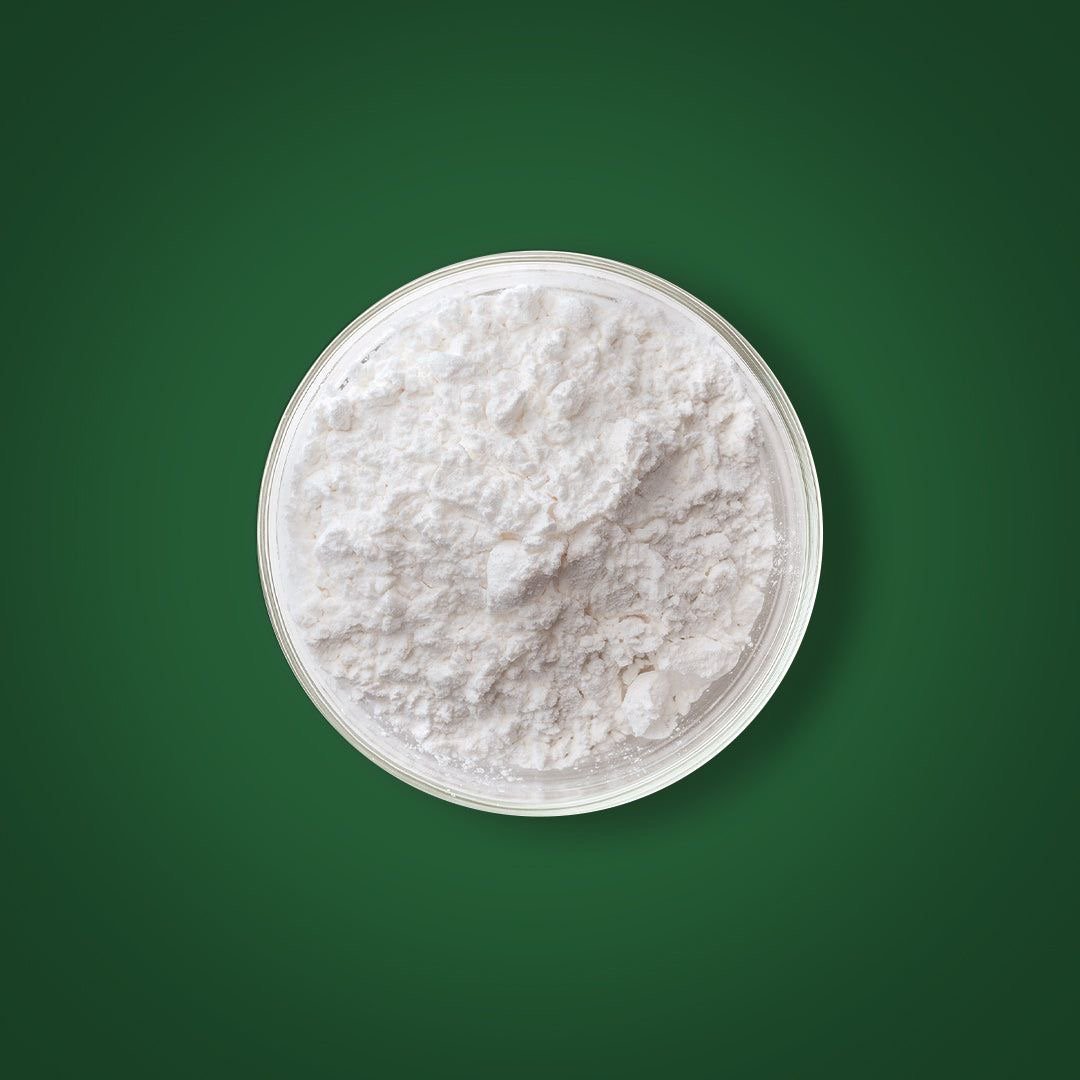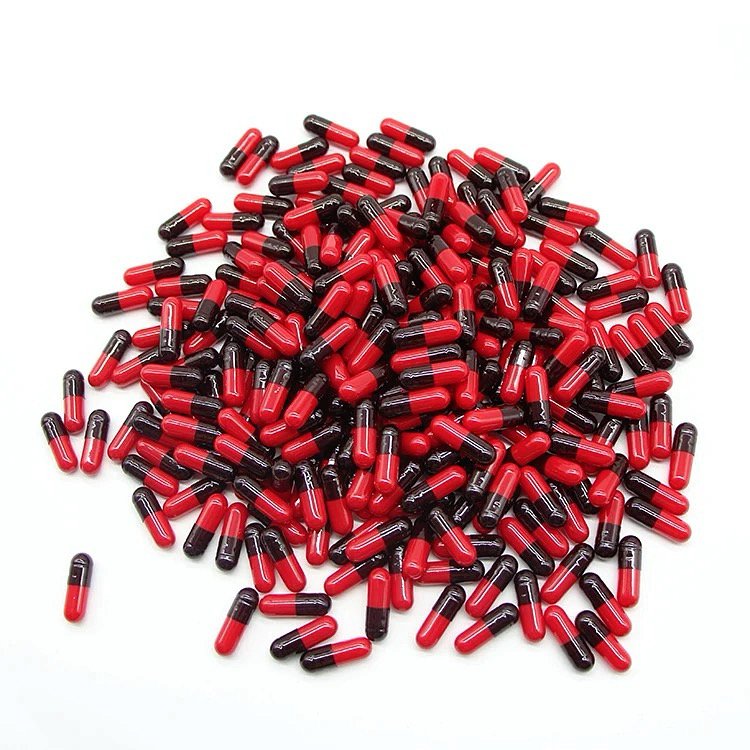
Envisioning an automatic capsule filling machine in action is truly a captivating sight, especially for those who appreciate the marvels of modern engineering. Its ability to operate with such seamless efficiency, swiftly filling capsules with precision, is a testament to the progress of technological advancements in the manufacturing sector. Watching the intricate components work in harmony, it’s easy to be enthralled by the rhythmic dance of automation.
However, the dedicated team at FOREFRONT Nutraceuticals, who interact with these machines daily, actively considers more than just admiration. They consistently prioritize safety above all else. They scrutinize every process, procedure, and decision related to these machines with a focus on safety.
This commitment revolves around ensuring the well-being of the personnel working alongside the machine, maintaining the machine’s preservation and proper functioning, and upholding the uncompromised quality of the manufactured product. Safety serves as the guiding principle directing all operations. This dedication reflects the company’s commitment not only to production efficiency but also to the welfare of its staff and the trust of its consumers.
Let’s delve into a detailed guide to maneuvering through the secure utilization of an automatic capsule filling machine:
Encourage a Trained Operatonial Workforce
A novice, especially one without comprehensive training, taking charge of an automatic capsule filling machine can pose significant risks. Simply put, it’s like a ticking time bomb waiting to explode if not handled with care and expertise. “Appropriate training” isn’t just about a cursory overview of the machine’s operations. It is a much deeper and more meticulous process than that. It entails a detailed, step-by-step guide that covers every aspect of the machine’s usage — from its initial startup, its regular maintenance, to troubleshooting common issues, and even the best practices to ensure safe handling.
Moreover, this training should be robust, encompassing both theoretical knowledge and hands-on experience. It would be highly beneficial for newcomers to spend time shadowing seasoned operators. This allows them to observe and understand the practical nuances, garnering invaluable insights into the most effective and safest ways to operate the machine.
Cost savings
Furthermore, thorough training and adherence to best practices not only guarantee the safety of the personnel but also ensure efficient machine operation, preventing any potential delays. Such meticulous operations will minimize wastage, ensuring that there are no unnecessary losses of raw materials and empty capsules. Ultimately, this means cost savings for the company and a smoother production process.
Adherence to Personal Protective Equipment (PPE) Protocols
Maintaining Product Quality: A Secure Production Environment
In our production process, keeping the products safe and top-notch is key. To make sure our goods meet high-quality standards, we focus on two crucial things: a clean, germ-free workspace and careful handling of raw materials.
1. Ensuring a Sterile Environment: We maintain a super clean workspace to stop any dirt or germs from getting into our products. Everyone working here wears special gear like lab coats, hairnets, gloves, and sometimes safety glasses or hard hats. This keeps our products safe from contamination and upholds their quality.
2. Protecting Raw Materials: The ingredients we use, like raw materials and empty capsules, are the building blocks of our products. If these basics are spoiled or mixed with bad stuff, the end product won’t be good. By keeping our workspace clean and handling materials with care, we make sure our products are top-quality. This not only keeps our company’s name strong but also builds trust with the people who use our products.
Creating a safe workspace involves:
In the pursuit of workplace safety, taking proactive steps is non-negotiable. This proactive stance involves:
Mitigating Floor Clutter: Organize power cords and hoses methodically and position auxiliary equipment logically to nullify tripping hazards.
Ensuring a Cart-Free Zone Before Machine Operation: Remove small carts or non-essential items that could obstruct the operation.
Implementing Wall-Mounted Tool Boards: Provide an orderly and intuitive tool storage solution to keep them accessible yet out of the way.
Maintenance of Sanitary Conditions
Between product runs, it’s of utmost importance to emphasize the need for meticulous cleaning of both the machine and its immediate surroundings. Such a diligent approach is crucial in eliminating any lingering residues or contaminants that might affect the subsequent batches. Thereby preventing potential cross-contamination. This not only ensures the integrity and purity of the products but also contributes significantly to ensuring the machine performs optimally during its next run. Results in reducing wear and tear in the long run.
To achieve this high standard of cleanliness, a comprehensive cleaning procedure must be followed, targeting each component of the machine. Every nook and cranny should be addressed, ensuring that no residue remains. Simultaneously, the production room itself, which houses the machine, needs an equally thorough cleaning regimen. This includes the floors, work surfaces, and any tools or containers used during the production process.
In addition to these measures, the consistent use of Personal Protective Equipment (PPE) is essential. This not only protects the workers from any potential hazards but also ensures that they do not introduce new contaminants into the sterile environment. By following these rigorous practices between product runs, we can guarantee a consistently high-quality output, safeguarding both the product’s integrity and the machinery’s longevity.
Ensuring the Capsule Filling Machine is Ready for Operation
Prior to initiating a production run, meticulous preparation of the capsule filling machine is imperative:
Declutter the Machine Zone: Eliminate any unnecessary tools or items from the machine area, ensuring a tidy and hazard-free workspace.
Verify Thorough Machine Assembly: Post the previous product run, the machine should have been methodically disassembled, cleaned, and reassembled. The individual responsible for this should adhere to a checklist, ensuring no steps are bypassed. A secondary check by another individual-perhaps a supervisor or setup team member-is crucial to affirm the machine’s readiness.
Conduct a Detailed Visual Inspection: The operator, before running the machine, should meticulously inspect it visually, ensuring no anomalies are present. Given the significant investment and potential risks associated with these machines, an error-free start is paramount to avoid any damage or harm to both the operator and the machine.
Following these rules keeps the machine safe and ready, making sure it works well and preventing accidents.
Gradual Startup of the Capsule Filling Machine
To facilitate streamlined troubleshooting, progressively start the automatic capsule filling machine:
Manually Cycle the Empty Machine: Initially, devoid of capsules or fill material, manually cycle through a few rounds.
Automatically Operate the Empty Machine: Gradually introduce power, keeping the machine empty, observing functionality.
Introduce Capsules: Ensure the capsules are loading, separating, and locking appropriately to preclude misalignments.
Add the Fill Material: With the capsules running smoothly, introduce the fill material, adjusting for proper weights and conducting quality checks before commencing the production run.
Sustaining Cleanliness Amidst Operation
During long production runs, especially when dealing with special fill materials, it’s crucial to occasionally stop the machine. These breaks let us clean the machine thoroughly, removing any extra product that might build up. If we don’t do this, it can cause problems, making the machine work less effectively.
More than just a mechanical consideration, these stoppages play a pivotal role in preserving the integrity of the production process. Excess product, when not removed in a timely fashion, can lead to wastage and the potential loss of valuable empty capsules and raw materials. Such losses can escalate costs, reduce yield, and compromise the efficiency of the entire operation.
Capsule Filling Machine – Cleaning intervals
By proactively incorporating these cleaning intervals, companies can not only ensure the longevity and optimal function of their machinery but also guarantee that the maximum yield is derived from the raw materials and empty capsules at hand. This, in turn, upholds the production’s economic viability and product quality, ensuring that each capsule produced meets the intended standards without unnecessary wastage.
Conclusion
Seeking assistance in reviewing your safety protocols, operator training, or enhancing your operation’s safety in other aspects? Reach out to FOREFRONT Nutraceuticals’ today.
We’re here to support you.




